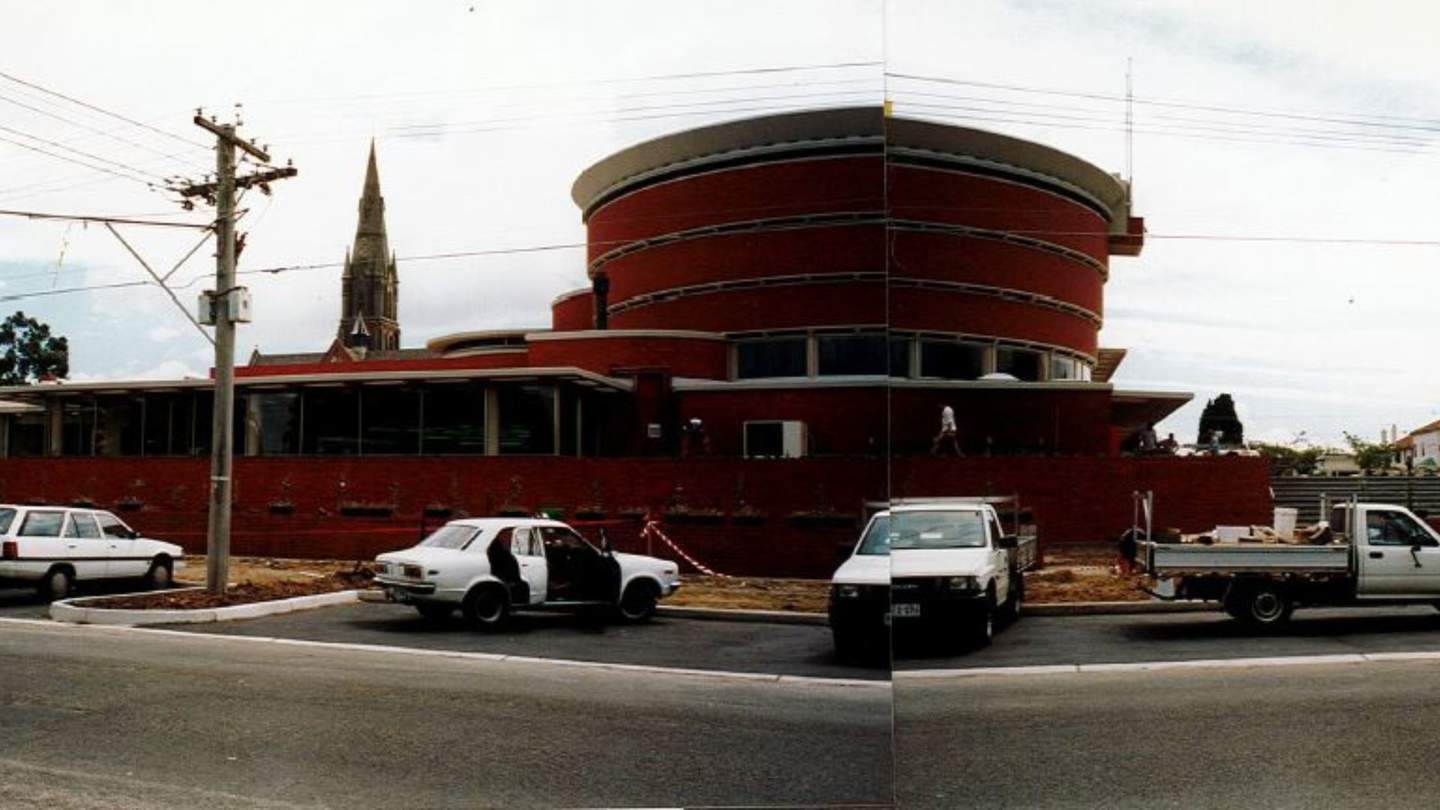On Sunday 15 February 1998, Brighton Library officially opened in its new location, 14 Wilson Street, Brighton. Let’s take a moment to delve into the archives and find out about the library’s rich history of serving the community.
Brighton Library: a historic timeline
1859
Reverend W.R. Lewis established a small working men’s club at Outer Crescent in Brighton with 13 members. The club moved to several other locations in Brighton over the next two years.
1861
John Pascoe Fawkner established a ‘Mechanics Institute’ at the intersection of Park Street and New Street in Brighton, which is now known as Grey Lynn, a private residence. The institute was dissolved in 1871 as it was in a very bad state both financially and morally.
1871
The Brighton Library and Reading Room in Bay Street opened, using the same furniture and stock from the Mechanics Institute. George Higinbotham was president and there were 130 members.
1880
Hundreds of books were reported as missing from the collection, many were in a bad state, and the collection needed proper cataloguing.
Newcomer, J.W. Beilby believed that a new building in Brighton was required to re-invigorate the institution. Builder John Stamp proposed a two-story building with two reading rooms and an upstairs hall for 300 people. The Committee is interested, but funding is difficult. The project could only receive Government and local grants if the members agreed to provide a free reading room.
1886
The free reading room was agreed upon and construction started on a £3,000 building at Higinbotham Hall, 104 Bay Street.
1887
The new building was opened but the staircase had been built too narrow to comply with Board of Health regulations. No one was able to enter the library.
1910
Brighton Library came under the control of Council and borrowing books became free of charge. A considerable amount of money was invested to repair the building, upgrade the lighting, and renew the collection of books. The library’s sole Librarian Miss Robertson, who had been running the library for over 20 years, reported they had acquired 300 new books and had made 11,245 loans.
1956
Miss Rosemary Hodge was appointed Librarian and loans had risen to 16,000 per month. The Children’s Library was installed in Higinbotham Hall on the first floor and by 1960 had over 11,000 books and 4,900 children enrolled.
1975
Brighton’s first branch library was officially opened in Dendy Street, East Brighton. George Coates, a market gardener, owned most of the land in that area and bequeathed the land to Brighton Council some eighty years earlier. When George Coates died, he left funds and land for building the Union Brighton Free Library.
1978
The Brighton Central Library (now fully airconditioned), commenced operations from the Brighton Town Hall at the corner of Wilson and Carpenter Streets. The ground floor was provided for the adults, while part of the upper level facing Wilson Street was for children. The library remained at the location until 1998.
1993
Brighton Library became an early adopter of ‘fast track issues’, allowing customers to check out their books, increasing efficiency and customer experience.
1994
The Victorian State Government announced that Local Government amalgamations would take place throughout Victoria. Brighton Council, Sandringham Council, and part of Moorabbin Council merged to become Bayside City Council and all offices moved to Royal Avenue, Sandringham.
1998
After some building extension and refurbishment works on the previous Brighton Council administration at 14 Wilson Street Brighton, the library relocated and was officially opened by the Mayor Councilor Graeme Disney on 15 February.
2024
The wonderful space of Brighton Library combines Bayside’s heritage with innovative contemporary library services enjoyed by the community today. The branch currently holds 52,954 items and has had 137,134 visitors and 193,684 loans in the last 12 months.







